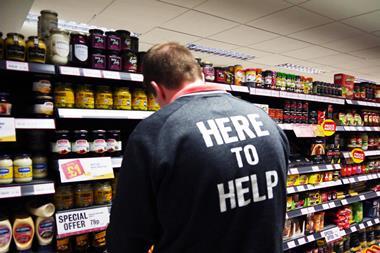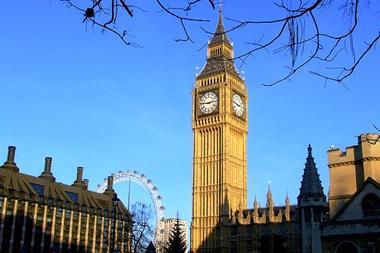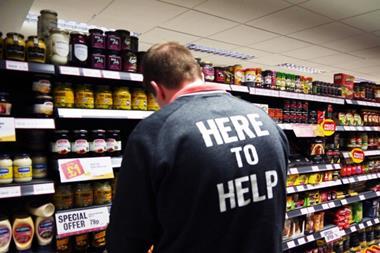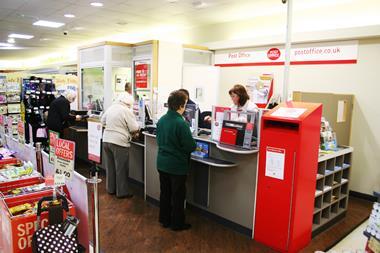Chancellor announces 4.4% rise in NLW and changes to business rate calculations

The National Living Wage will increase to £7.83 per hour next April, but retailers will benefit from a share of a £2.3bn saving on business rate rises.
ALREADY HAVE A REGISTERED USER ACCOUNT? PLEASE LOG IN HERE
To read the full story join the ConvenienceStore.co.uk community today!
Registration is quick and easy and provides access to:
- Unlimited ConvenienceStore.co.uk articles
- Our great range of newsletters
- Content you’ve saved for later via the ‘my library’ feature
And much more…

























